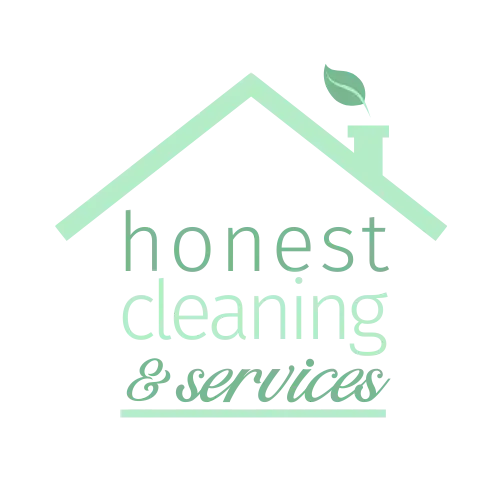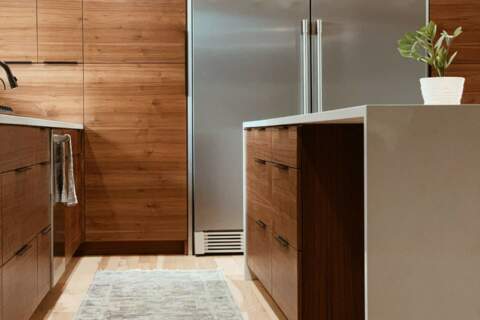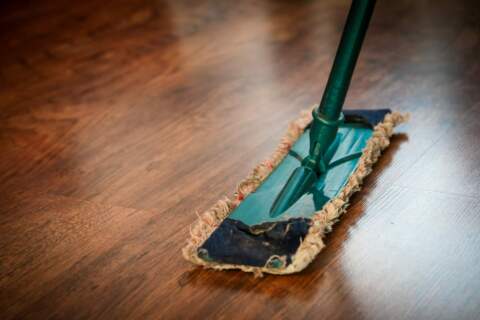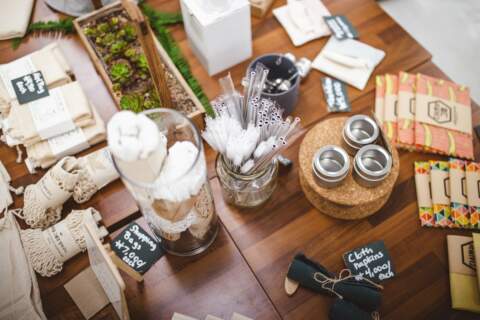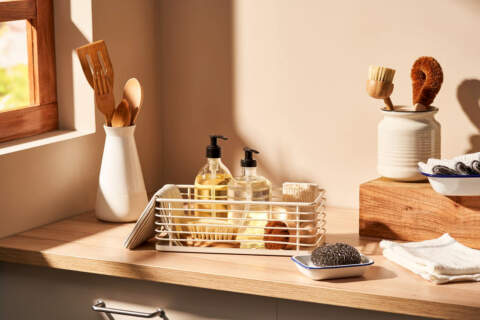Stainless Steel Cleaning Made Easy
We all know what a challenge cleaning stainless steel can be. There are some tips that can help relieve the challenges and stress of trying to get your appliances to look clean and shiny. Let’s explore cleaning options and recommendations: Not recommended to clean your stainless steel – Powder, steel wool, bleach, and ammonia have too many abrasive properties,…
